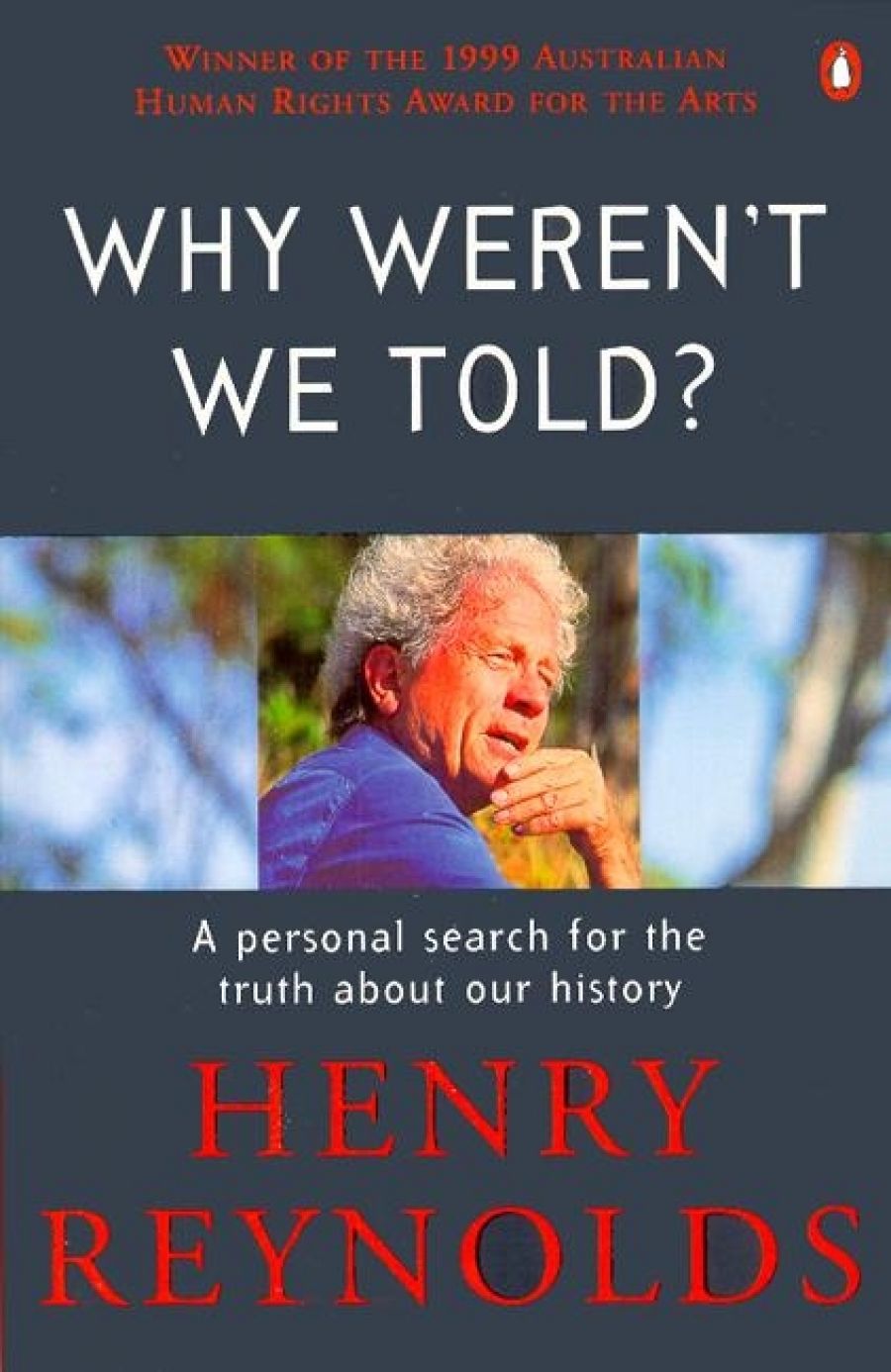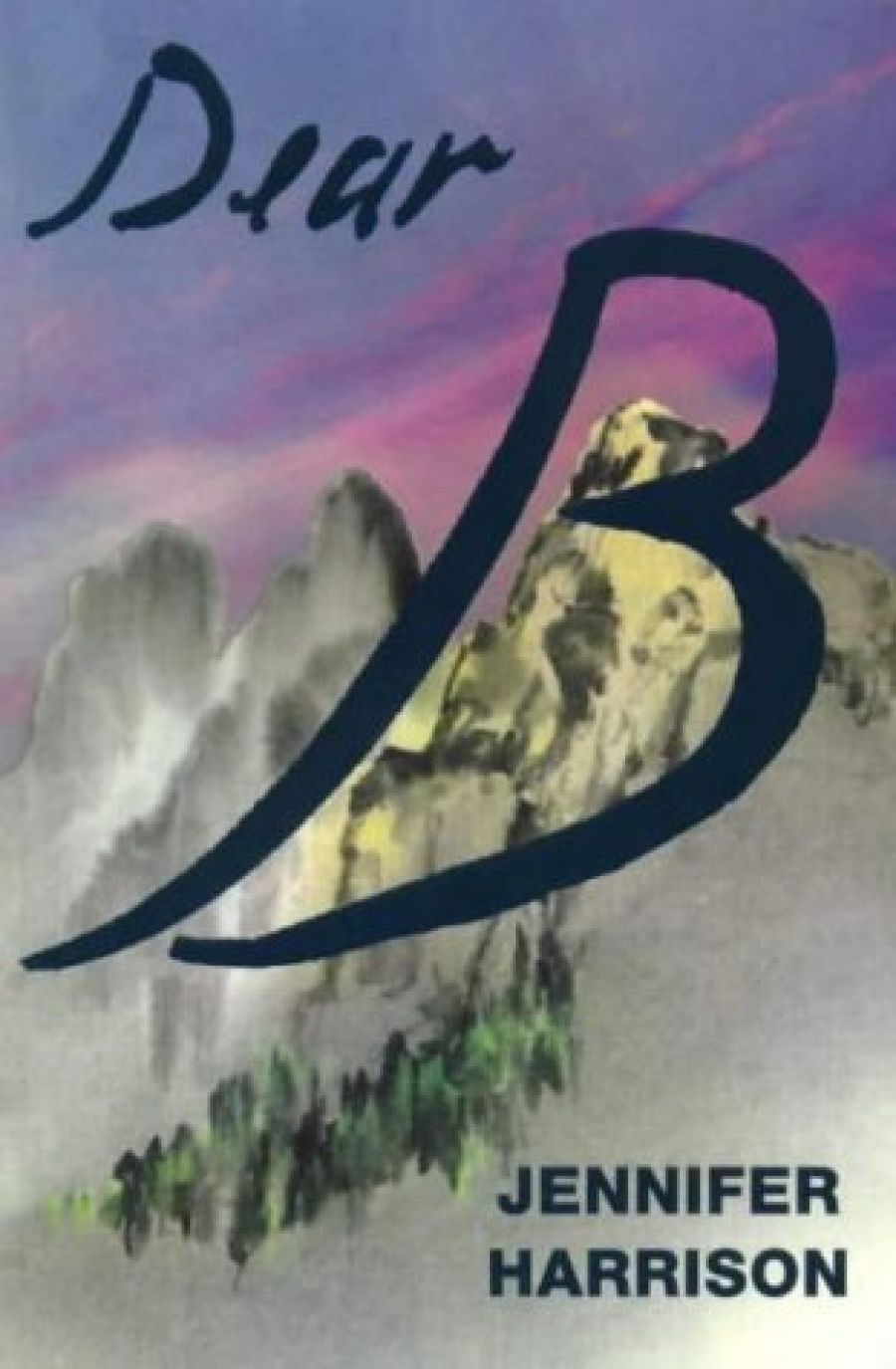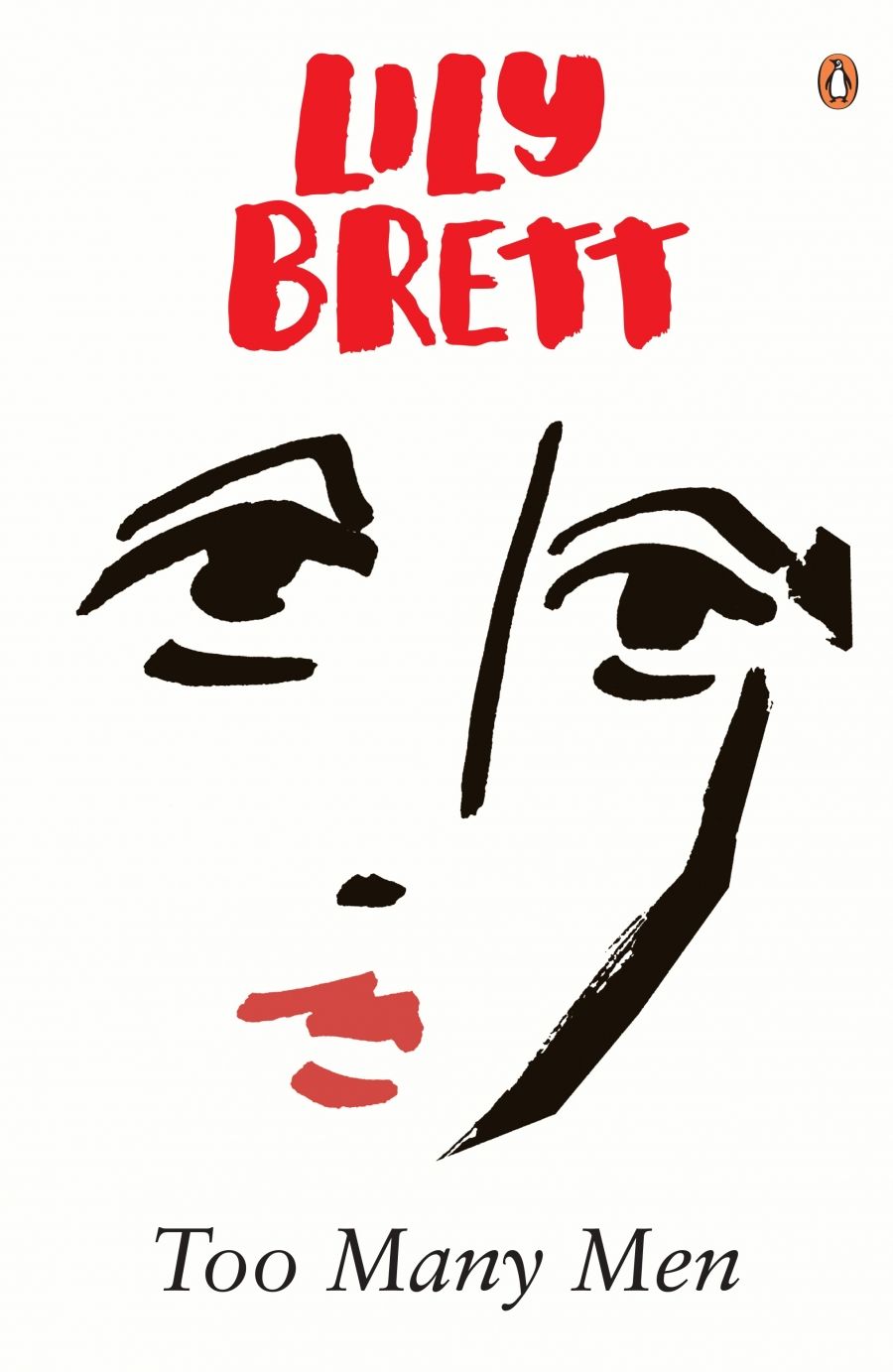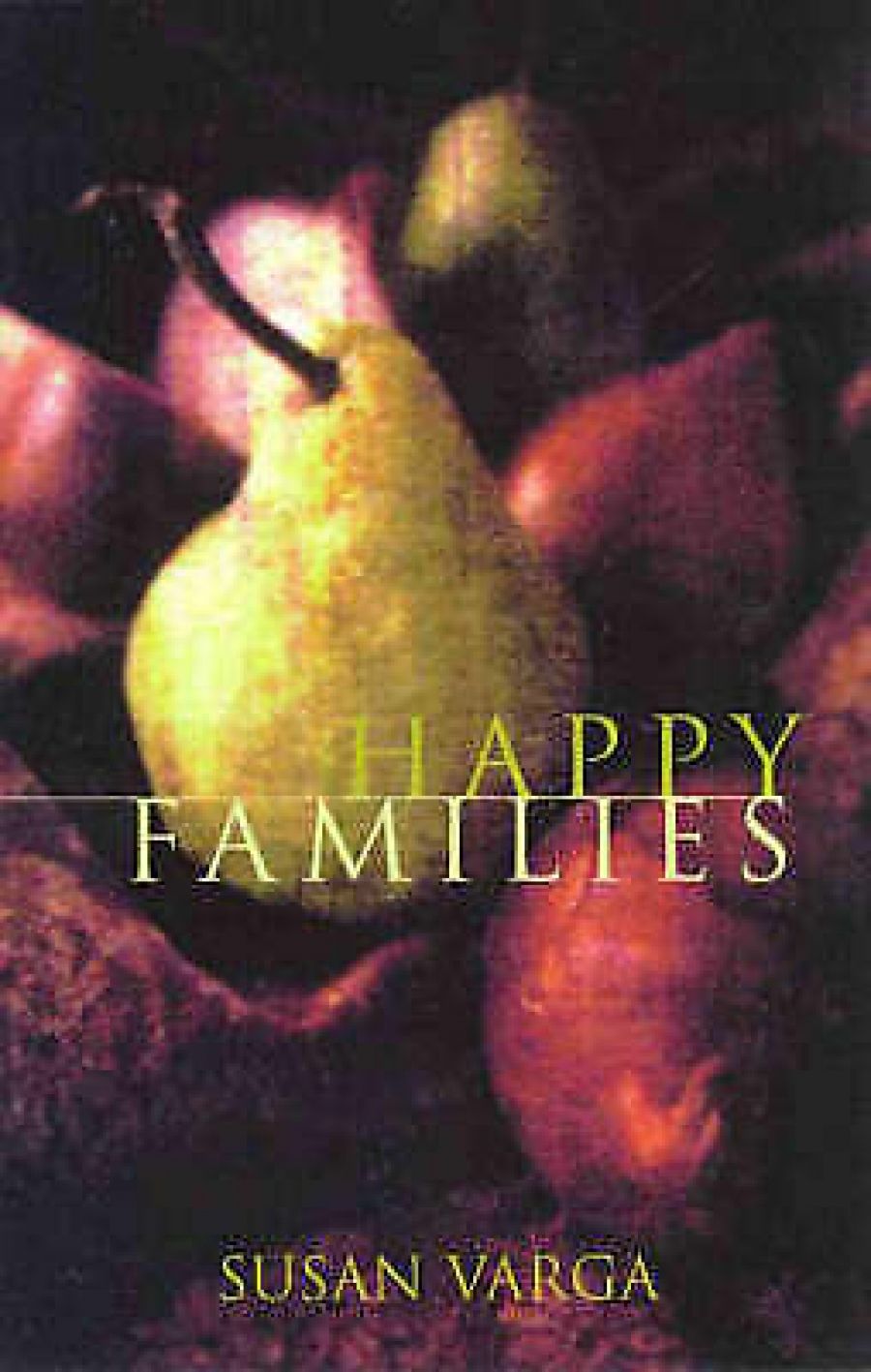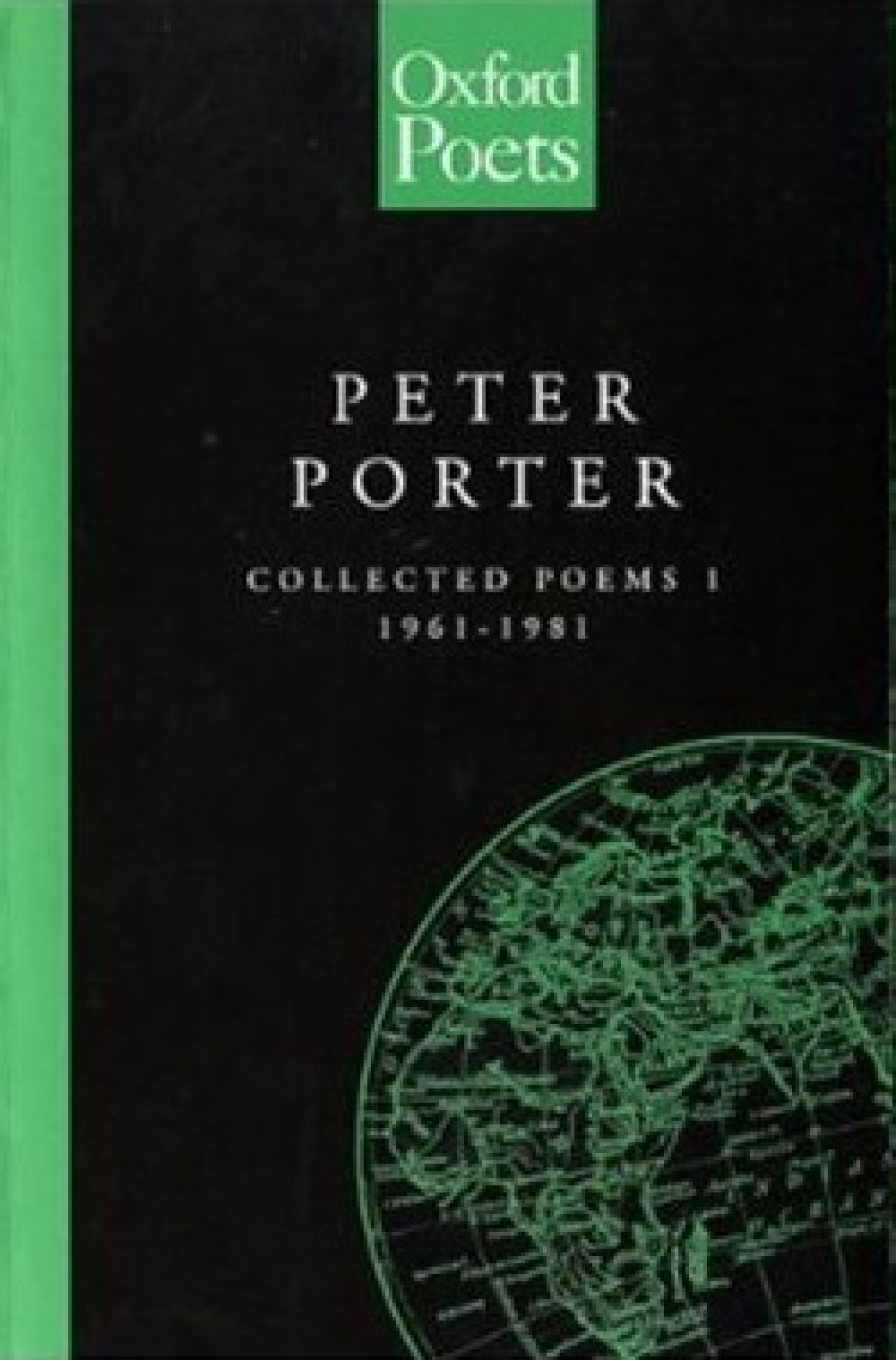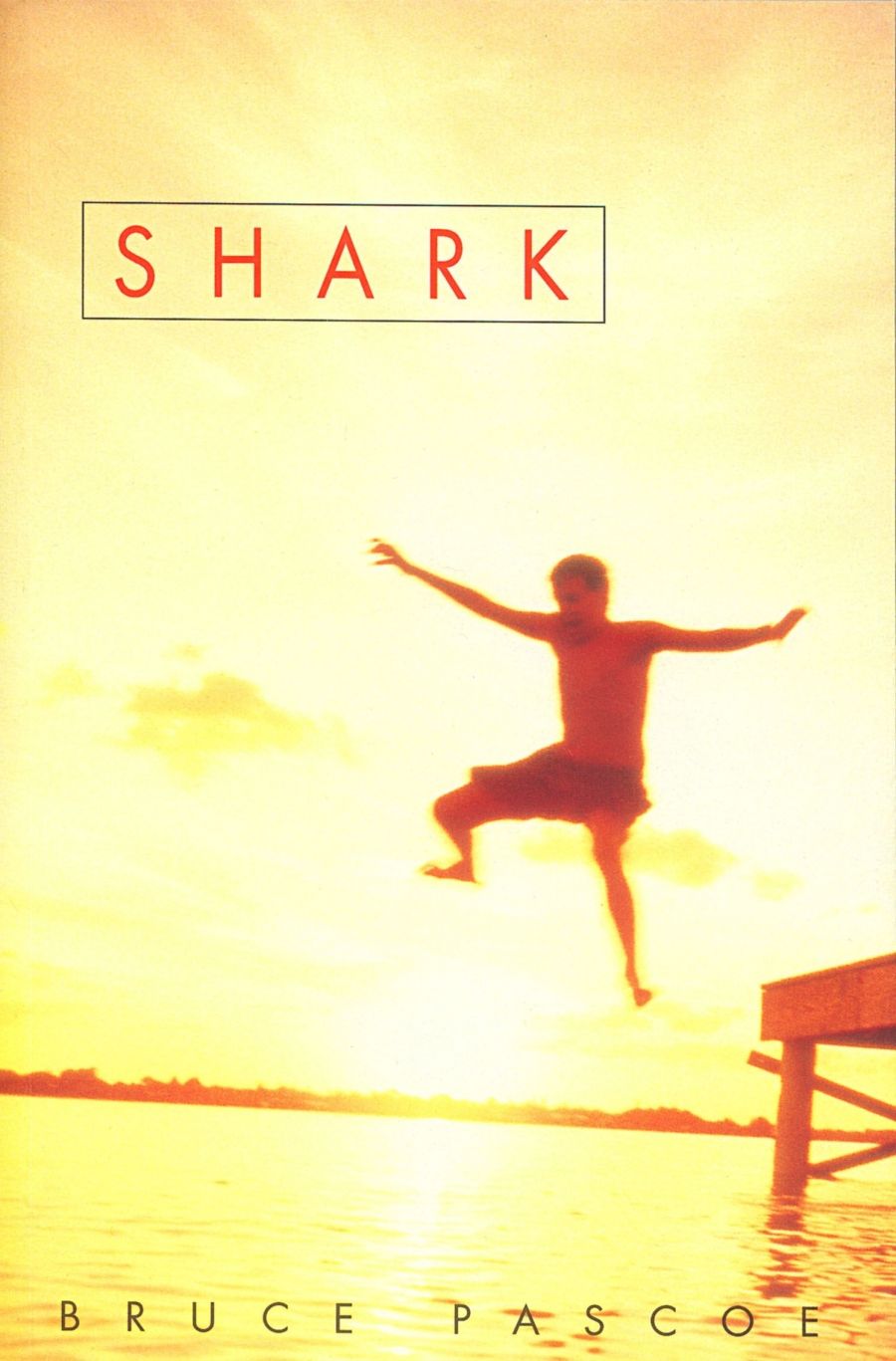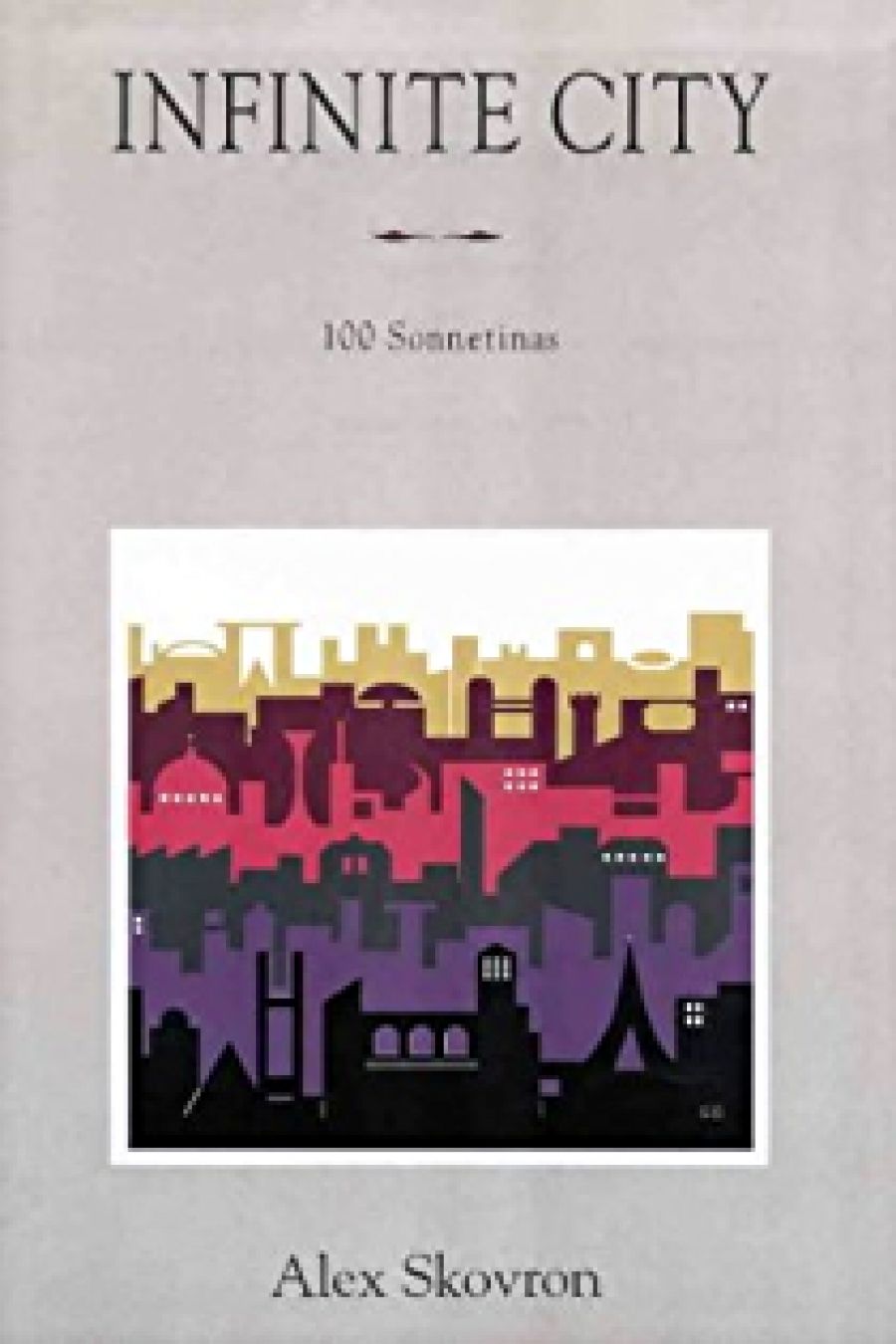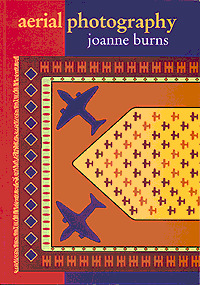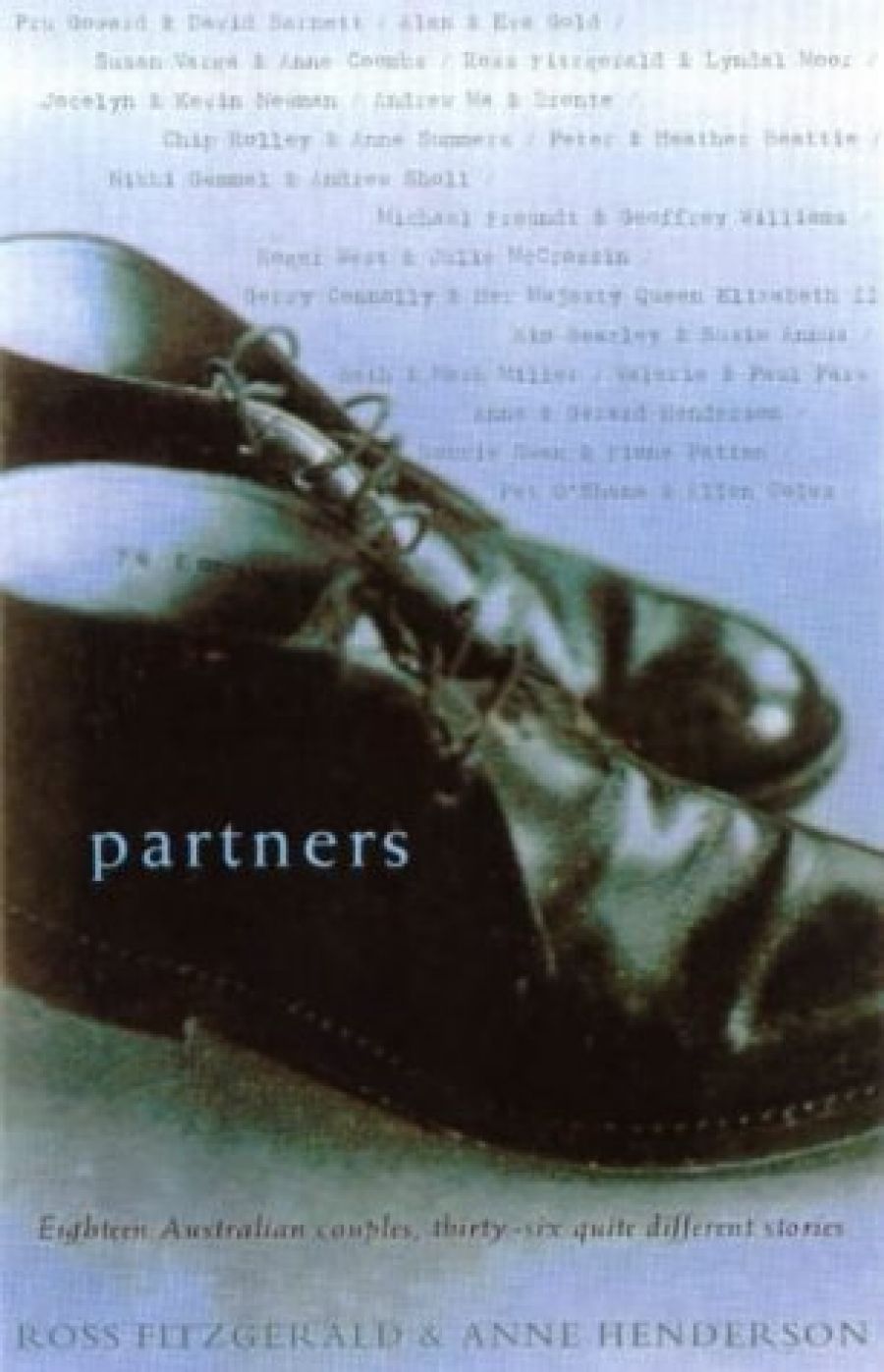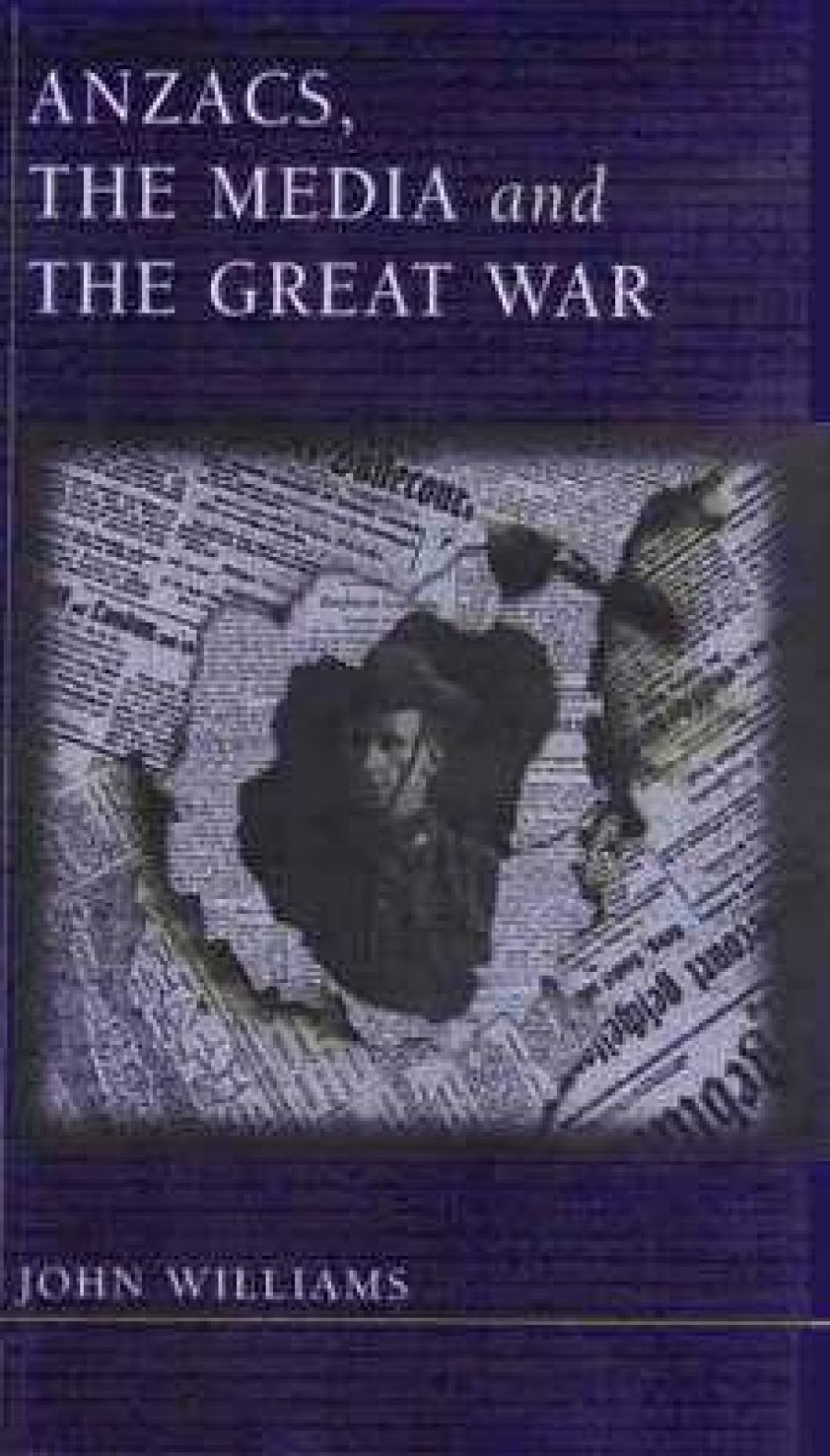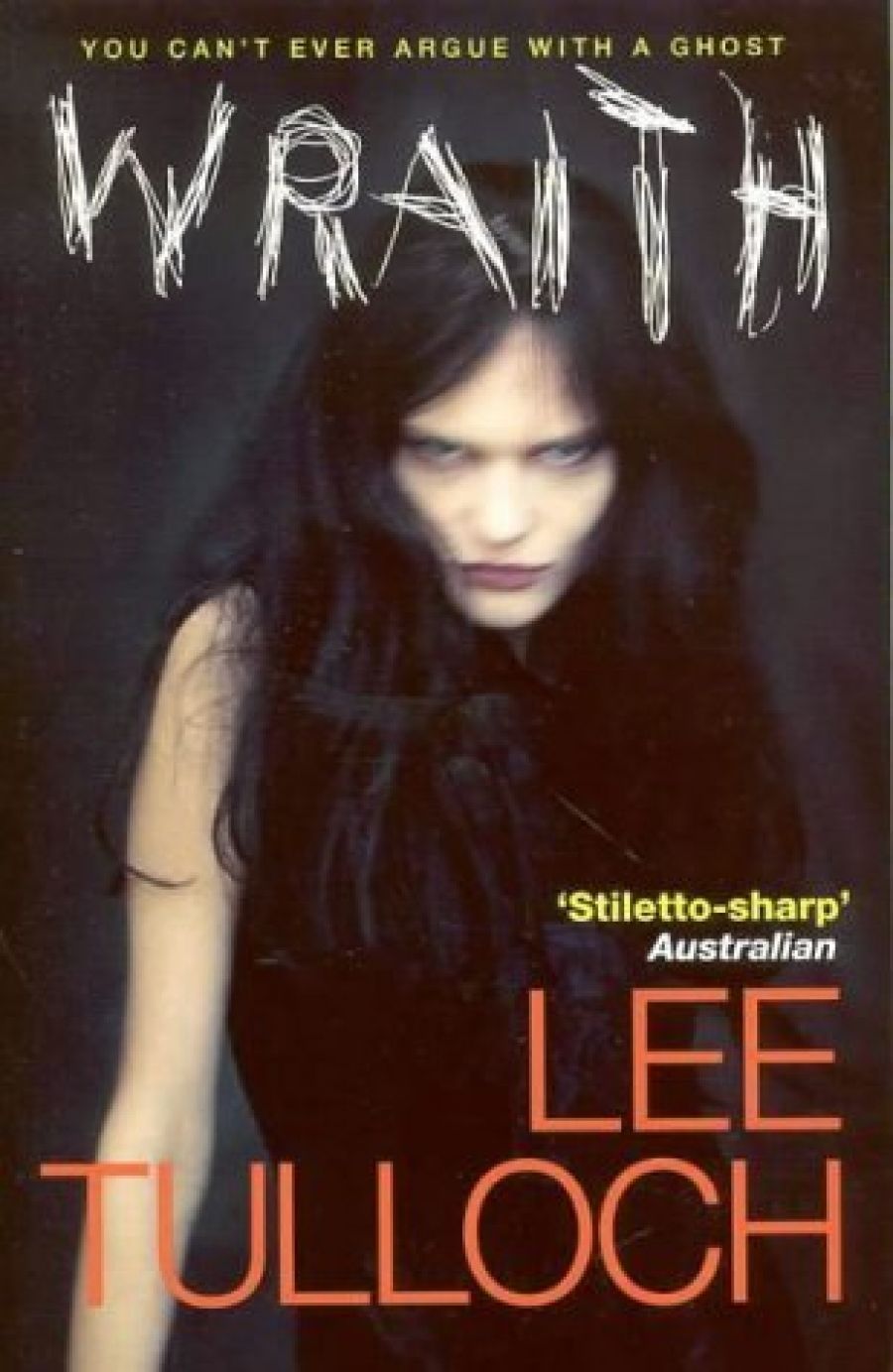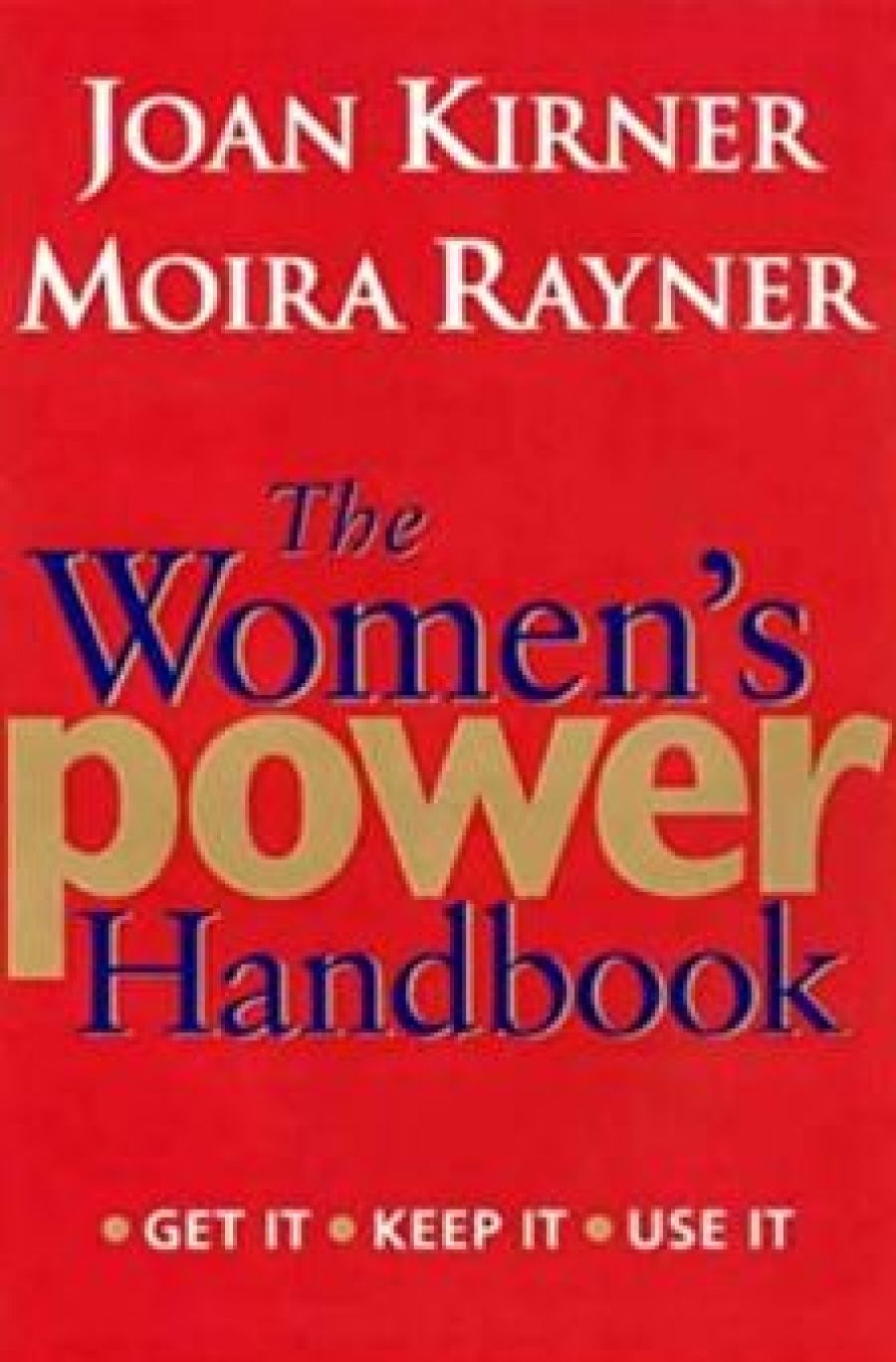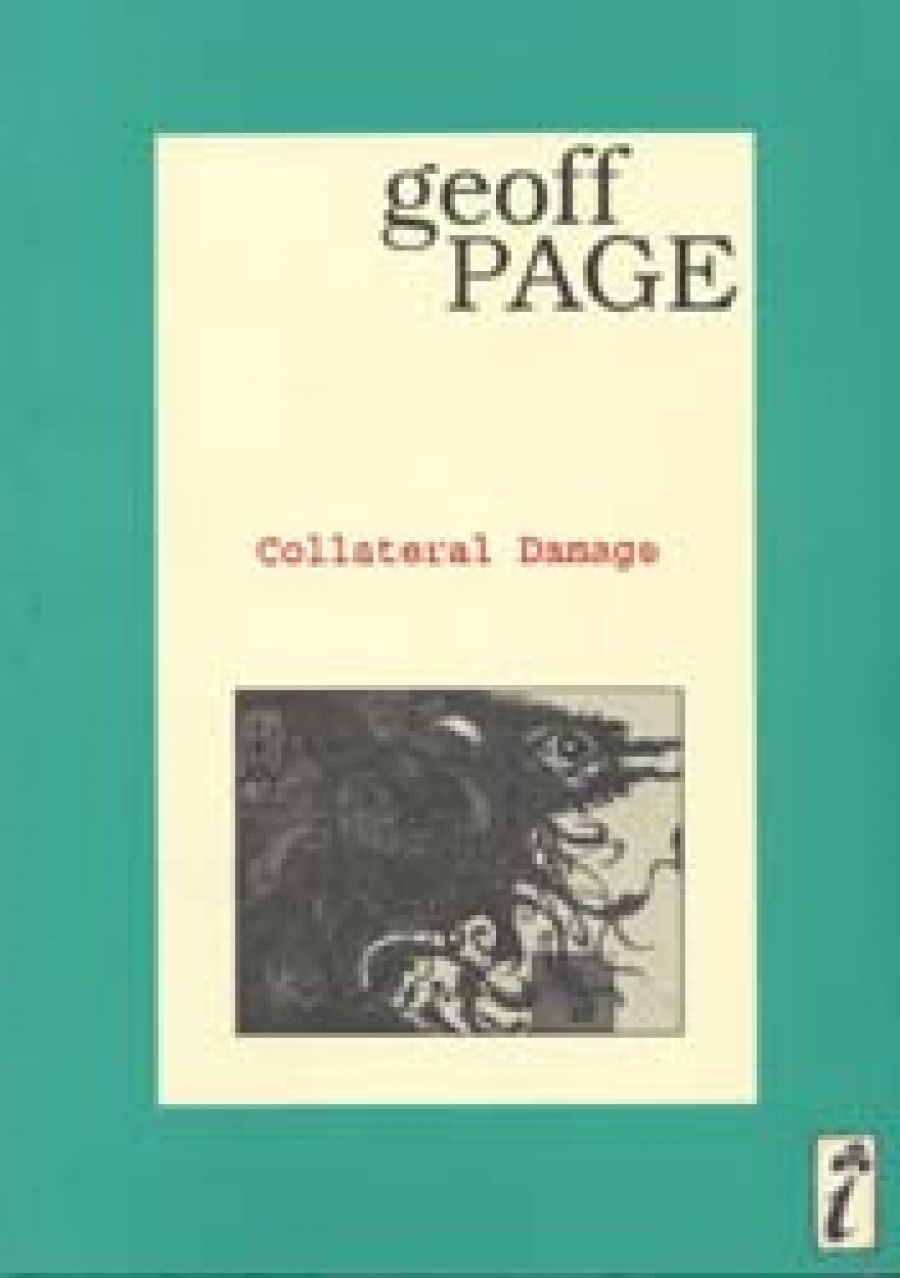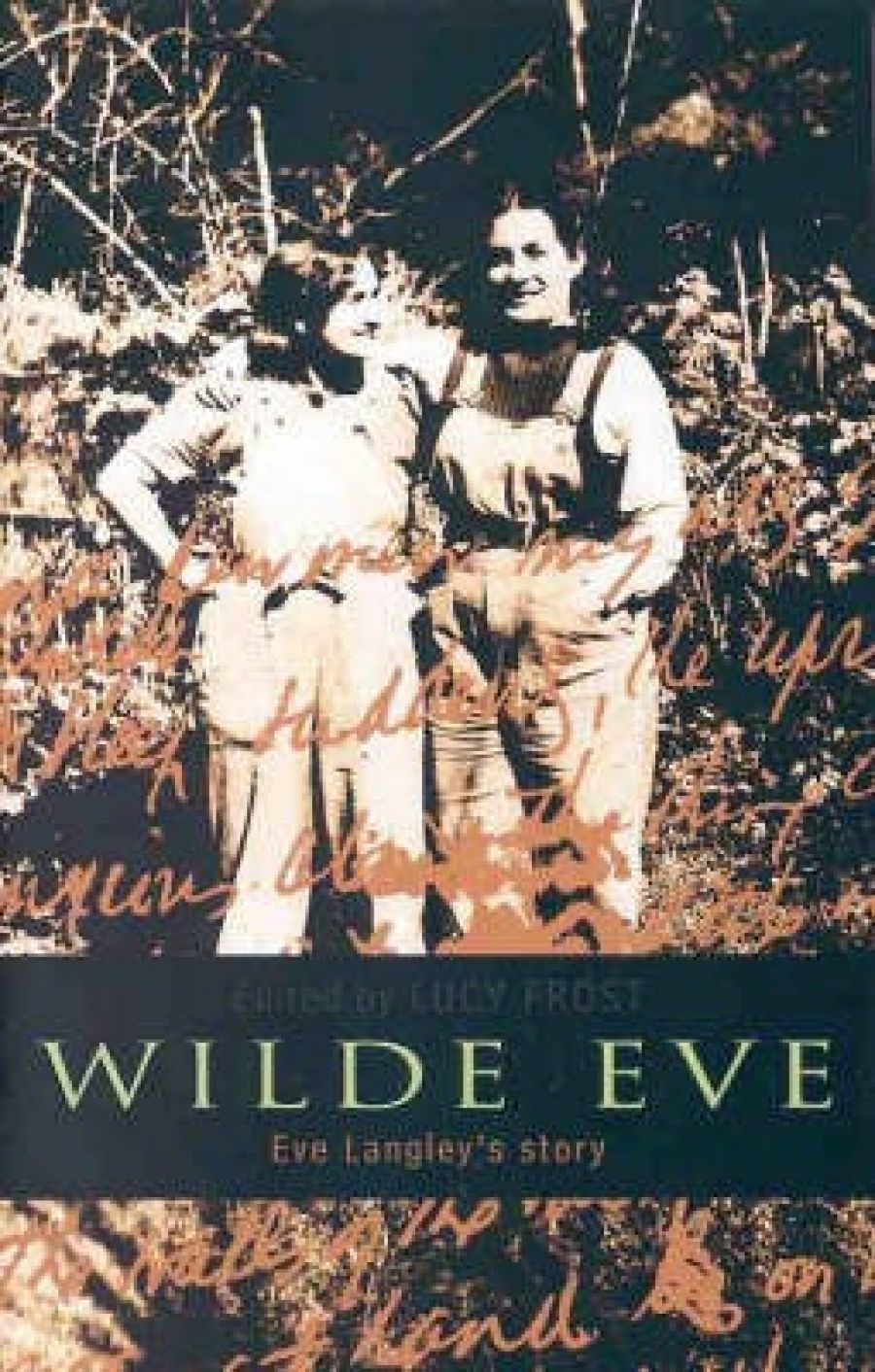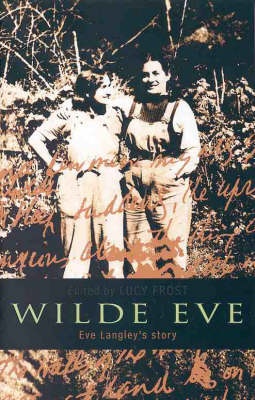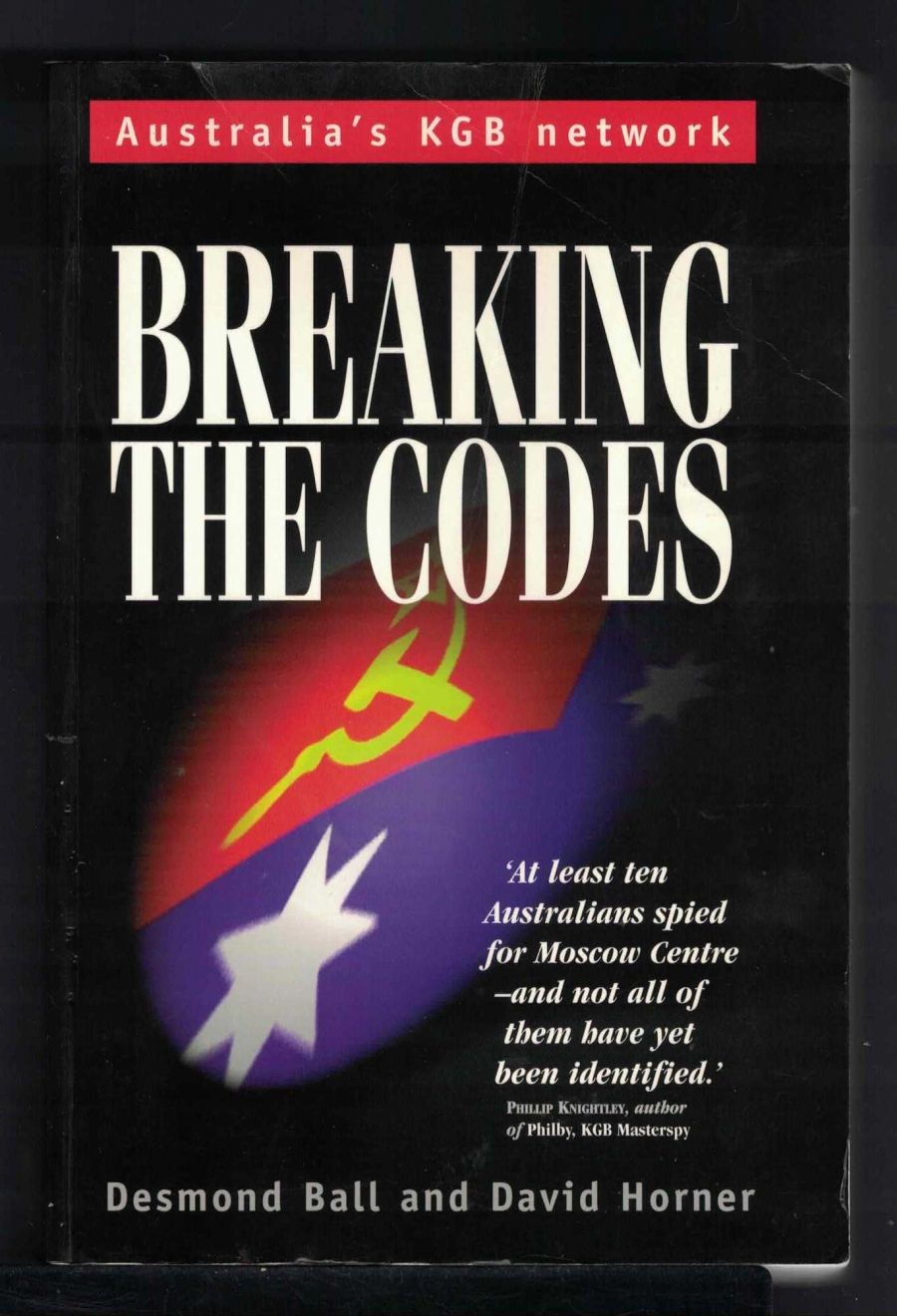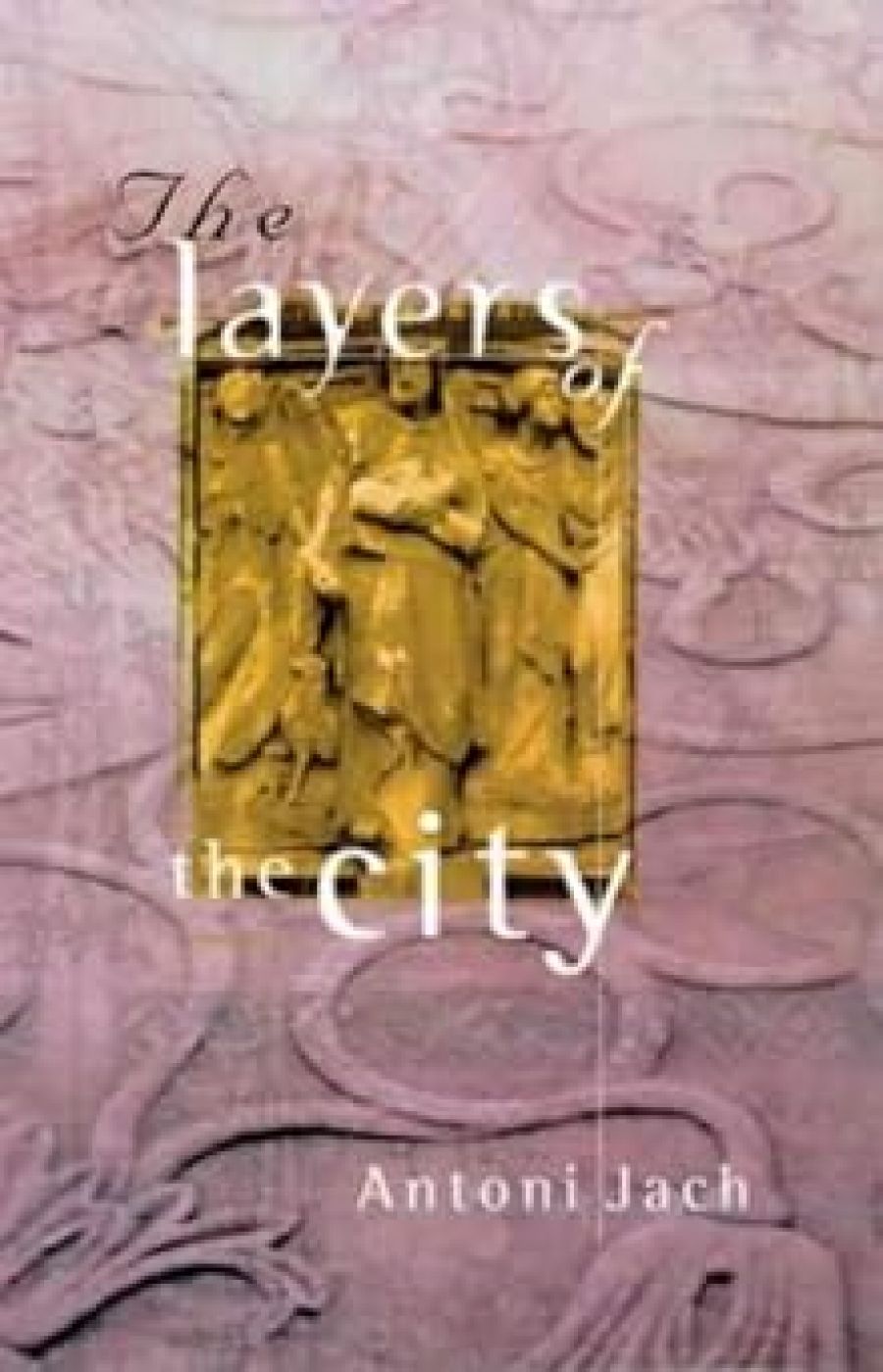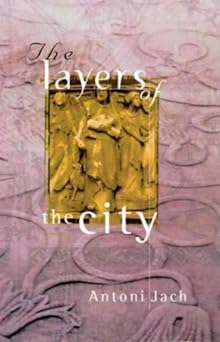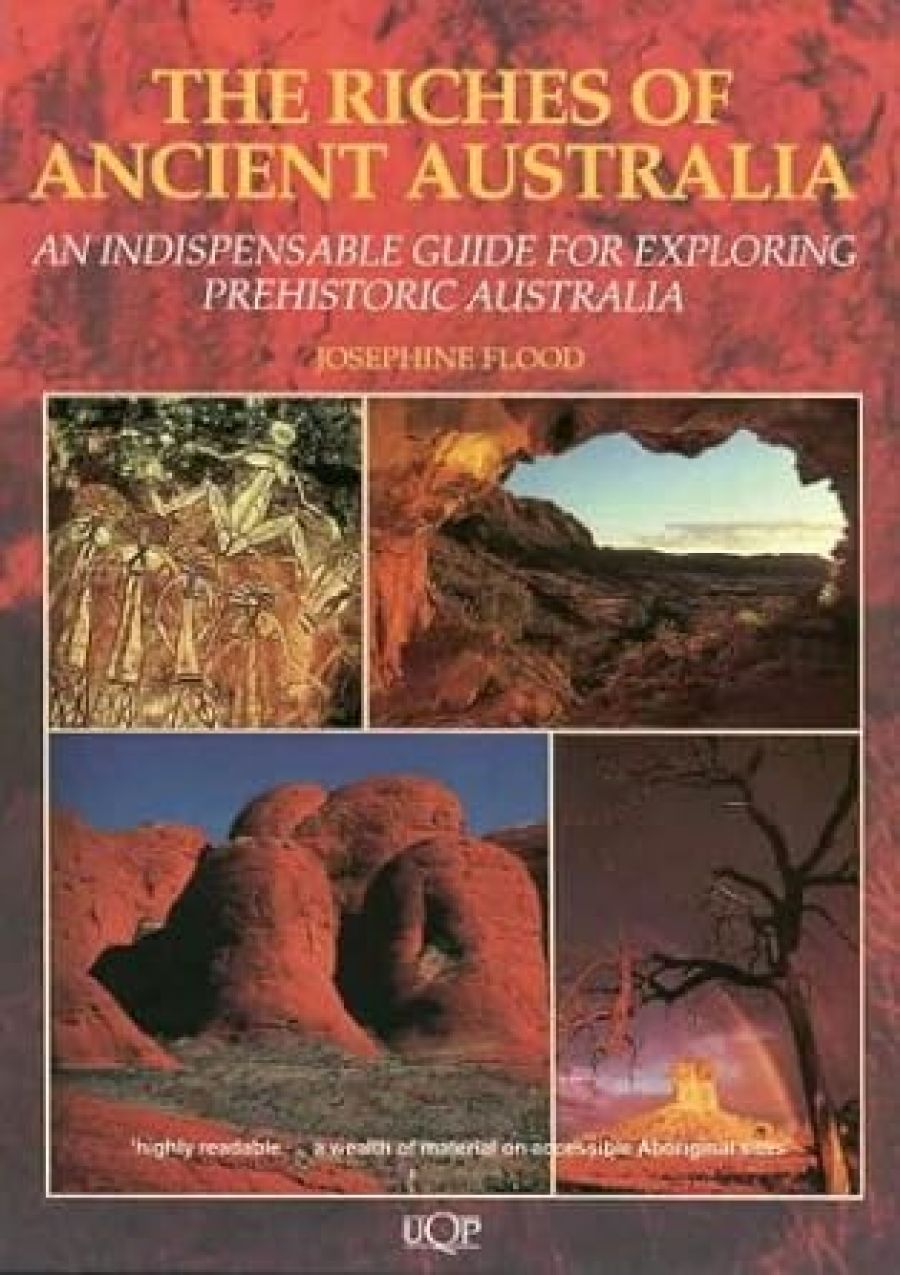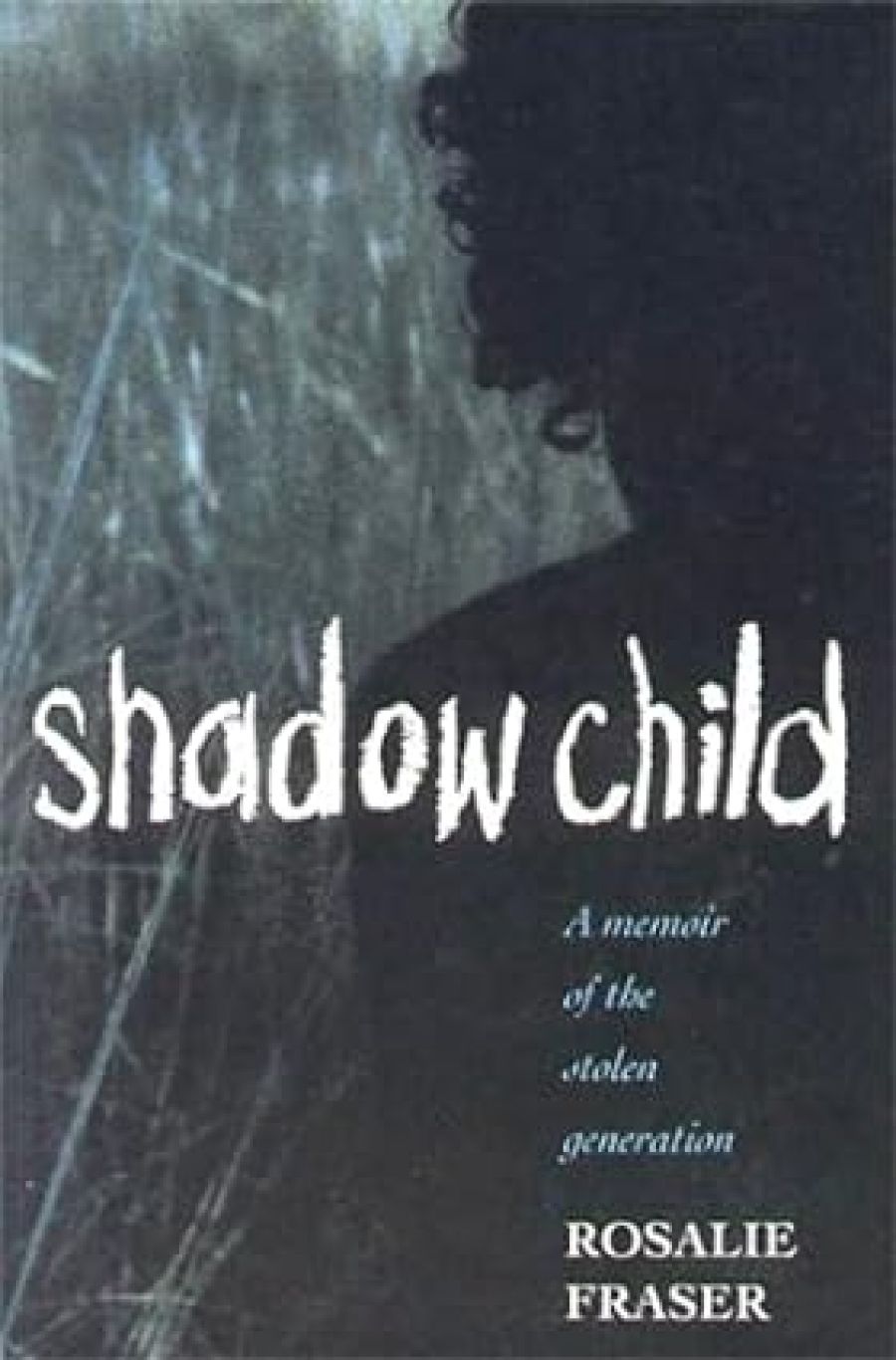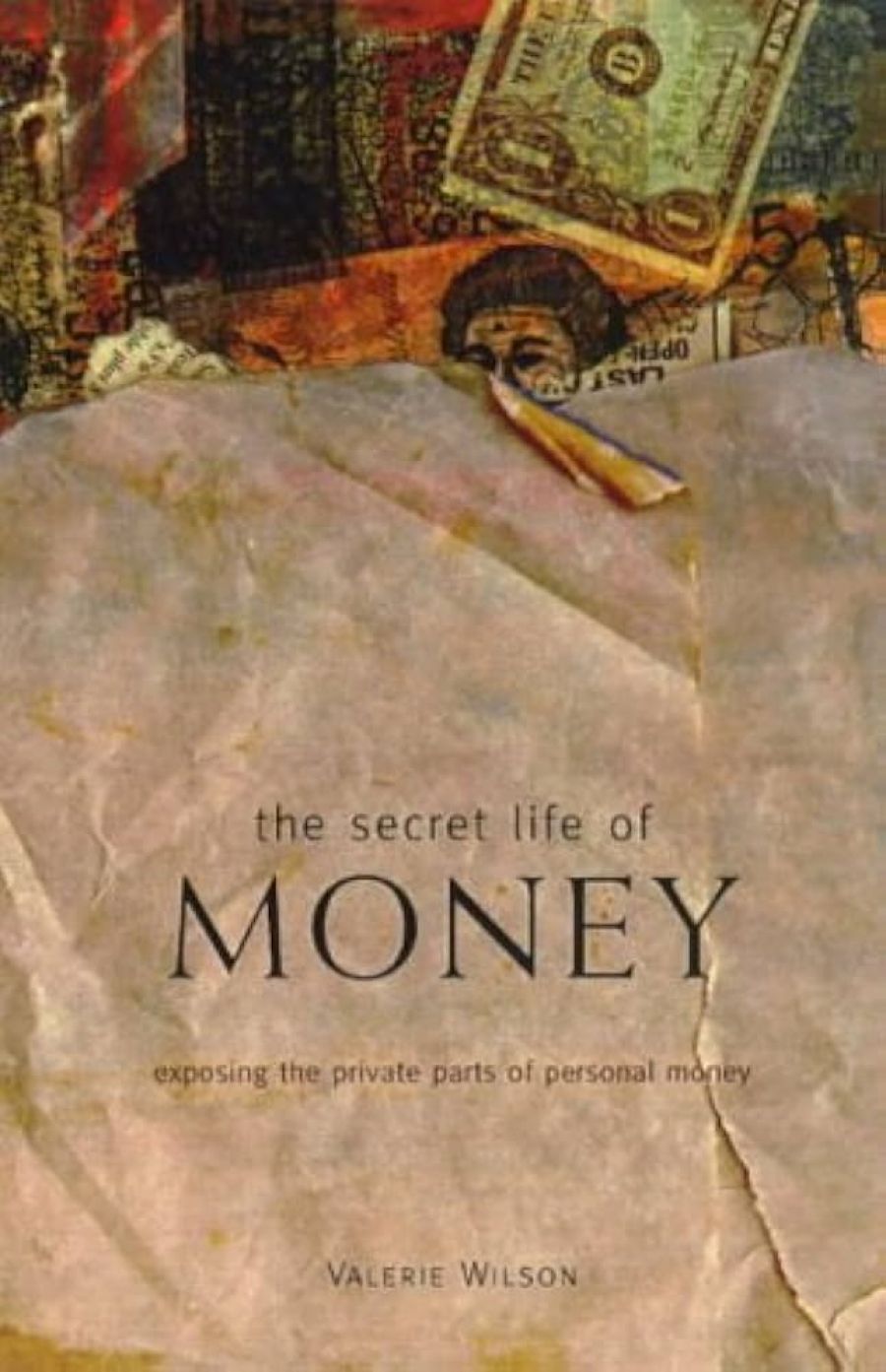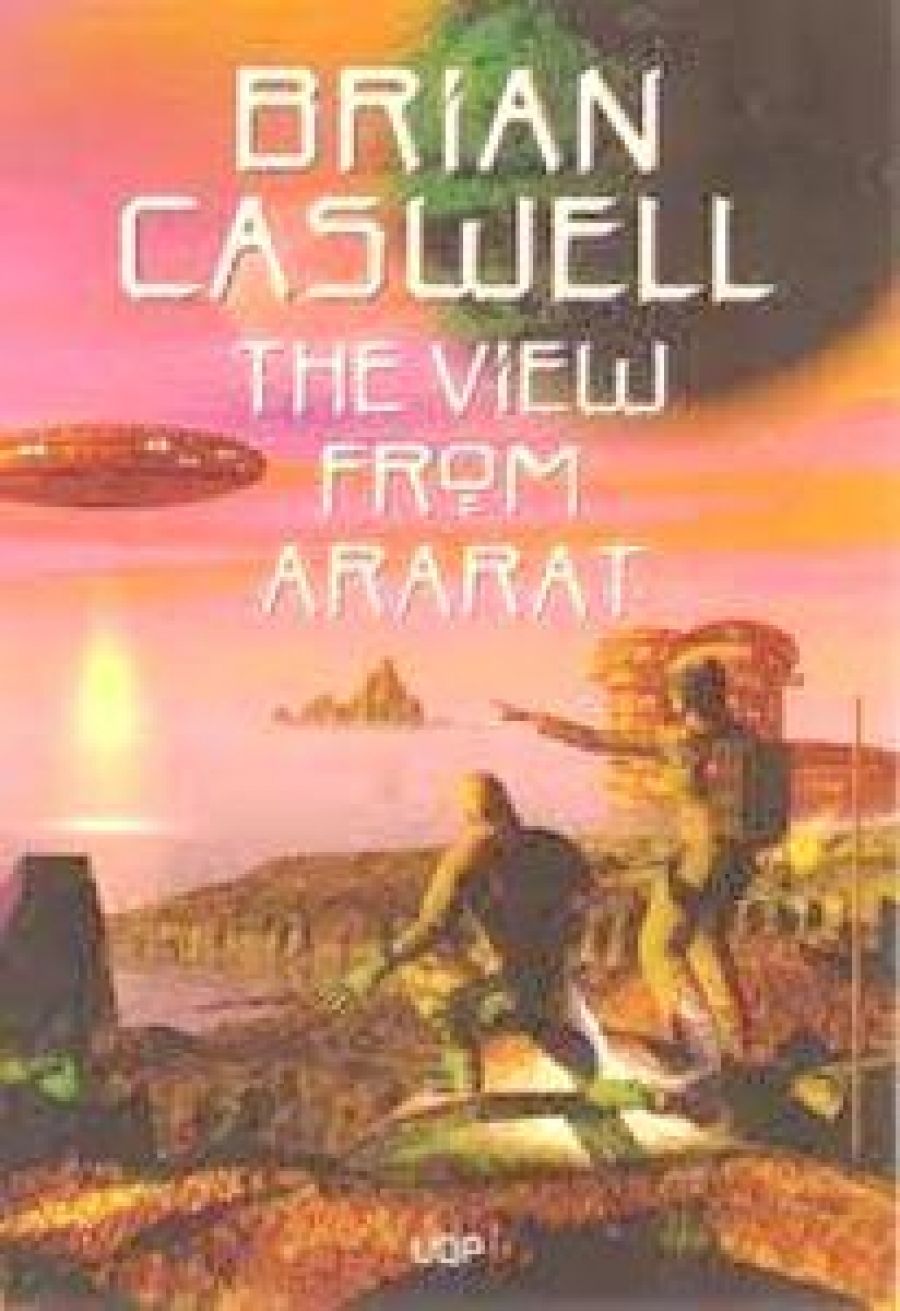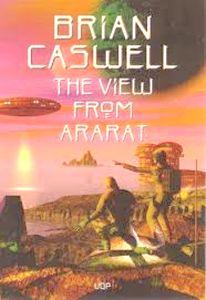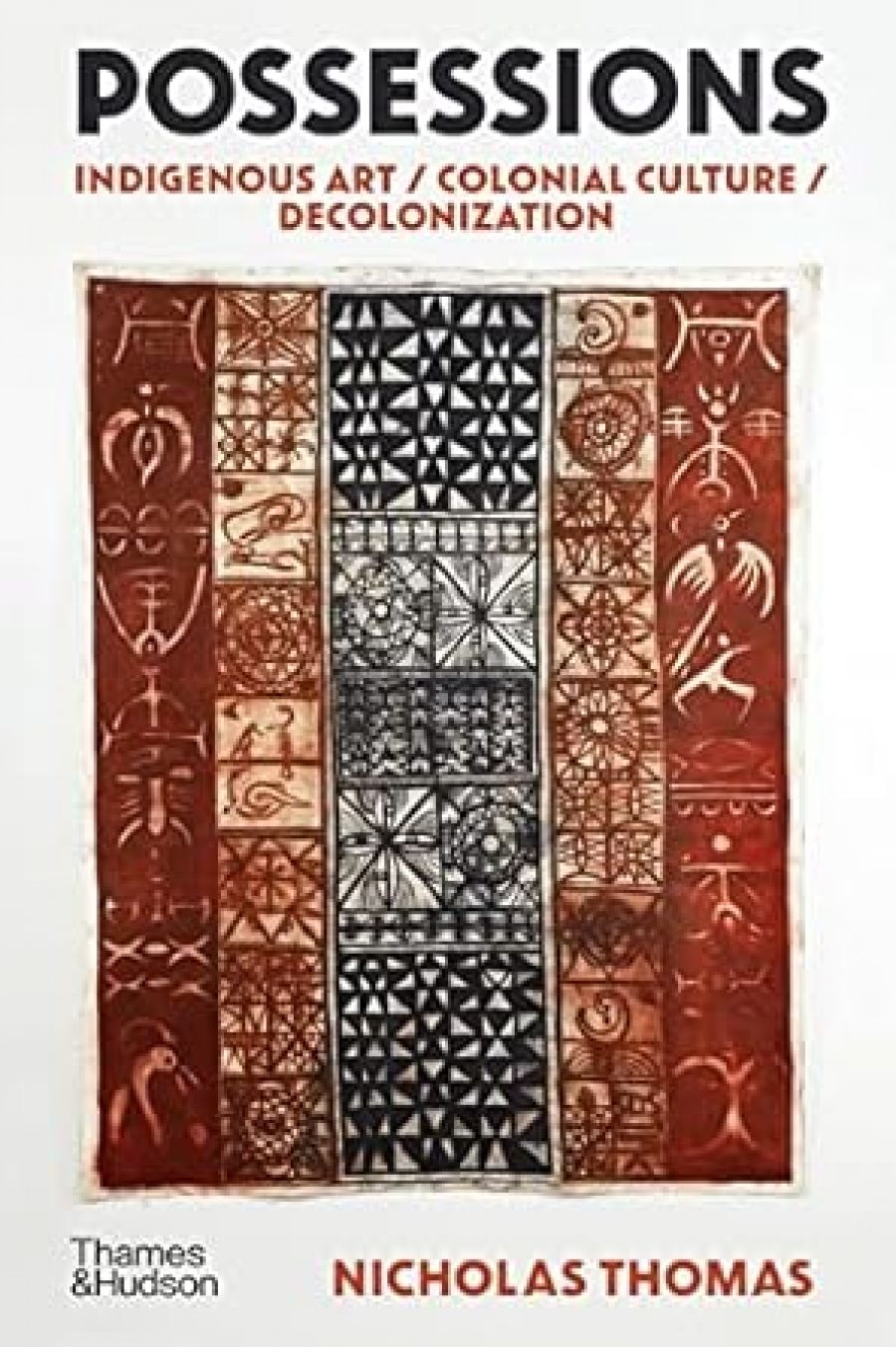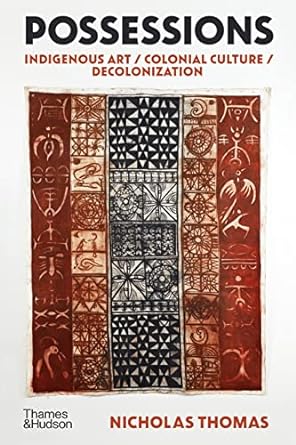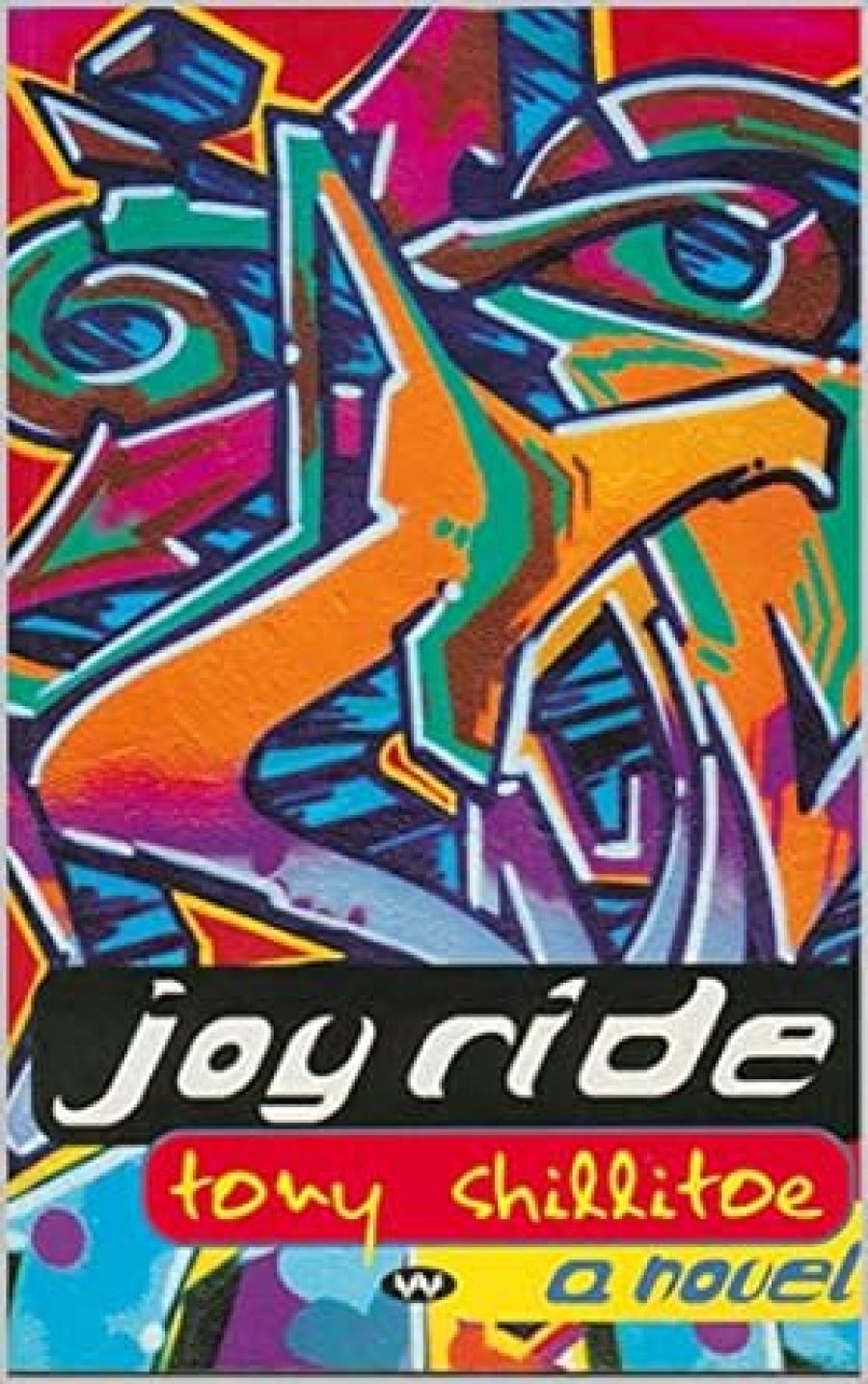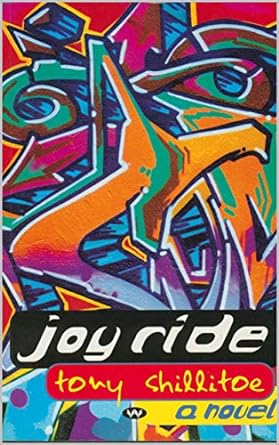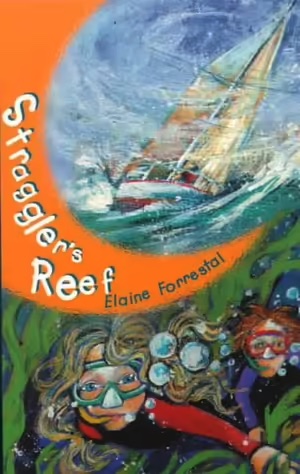- Free Article:
No
- Contents Category:
Theatre
- Custom Article Title:
Rolling Column
- Review Article:
No
- Show Author Link:
Yes
- Show Byline:
Yes
- Online Only:
No
- Custom Highlight Text:
On my desk lies a review copy of Leah Purcell and Scott Rankin’s play, Box the Pony, which comes as a particularly lavish edition put out by Hodder, not a name usually associated with Australian play publishing, let alone anything as new as this. The review appears elsewhere in ABR, but I was surprised at being asked to offer a critique of it at all. Productions get reviewed, but once in print plays tend to be ignored – at least in Australia. Why, I asked ABR’s editor, shifting the phone to the other ear in expectation of a lengthy discussion. There was a pause. Because Australian plays don’t often appear in print, she said, a bit puzzled at having to state the obvious. When I began to splutter a defence she handed me this column, effectively challenging me to prove plays on the page are out there and argue convincingly that a literary journal of review should assist in readjusting the half-frames of the literati in order to pull the published play into focus.
- Display Review Rating:
No
On my desk lies a review copy of Leah Purcell and Scott Rankin’s play, Box the Pony, which comes as a particularly lavish edition put out by Hodder, not a name usually associated with Australian play publishing, let alone anything as new as this. The review appears elsewhere in ABR, but I was surprised at being asked to offer a critique of it at all. Productions get reviewed, but once in print plays tend to be ignored – at least in Australia. Why, I asked ABR’s editor, shifting the phone to the other ear in expectation of a lengthy discussion. There was a pause. Because Australian plays don’t often appear in print, she said, a bit puzzled at having to state the obvious. When I began to splutter a defence she handed me this column, effectively challenging me to prove plays on the page are out there and argue convincingly that a literary journal of review should assist in readjusting the half-frames of the literati in order to pull the published play into focus.
There are only two dedicated publishers of any substance active at the moment – Currency Press in Sydney and Playlab Press in Brisbane. Yackandandah Playscripts, long the champion of Melbourne’s playwrights and determinedly in opposition to its big brother in Sydney, seems to have faded out. Vale all those Pramfactory and La Mama experimental pieces Jeff Fiddes so loved. Currency’s 1999 catalogue offers six volumes of Australian plays from the 1960s and 1970s with collections from the 1930s, 1940s, 1950s, and 1980s promised, most of them plays not previously published. This new publications list also includes a six-pack of La Mama plays from the 1990s, a collection of plays seen as feminist, two trilogies, and twenty-two single plays, most of them in the program-insert edition put out for premiers at Playbox. There is a screen play trilogy, two single scripts, and two more in preparation. The general in-print list includes one hundred and eighty-six single plays, collections of Patrick White, Dorothy Hewett, David Williamson, and, curiously, Jim McNeil, Ray Lawler’s Doll trilogy, twenty-three plays for teenagers, fourteen for children, and eight edited play anthologies. And this is not to mention the out-of-print, of which I am one. There is also a separate overlapping catalogue of twentynine plays on Aboriginal subjects. In contrast the only other dedicated play publisher, Playlab, has eighty-eight titles in all lists.
Which plays get into these lists and which are left out in the cold is for the publisher and editor, Katherine Brisbane, former theatre critic for The Australian to decide. That is her right, but Currency’s near monopoly of the field means that those who are left out have nowhere to go that can offer them anything like the same distribution, let alone the same public profile. With offshore theatrical interests now sniffing about looking at what we do best, this means that unless you are published by Currency you have little chance of being seen where it now begins to count.
The Hodder publication, rare and welcome though it is, looks like an updated version of the Old Heinemann’s educational series. Carefully packaged essays and explanatory material designed to make the study of the plays easier for teachers and students presumably make such editions cost effective. Currency and Playlab are already marketing similar work. Which cannot help but take the business of play publishing out of the theatre and into the schoolroom and put the playwright at the mercy of teenage and education interests. The pull these interests now exert on companies and playwrights is growing. No bad thing, if it was matched by a continuing interest once the young turn into GP audiences who buy play text programs at the theatre door. The trouble is that these audiences seldom read what they buy. Audience information sessions run by many of the theatres make this quite clear.
The reason for tossing the text into the family collection of souvenirs rather than putting it on the bedside table is not so clear. It could be because the buyer sees play reading as kids’ stuff or has not had the benefit of a play-reading education and has neither the time nor the inclination to acquire it from theatre companies or summer courses. Seeing a single performance of the play with the program used in the interval as a guide to who plays whom is as far as it goes. It could be because book clubs and reading groups are not matched by theatre parties formed from play reading groups. My own view is that until the literary establishment recognises the play text as a literary artefact this will continue to be the case. Look at the now misnamed writers’ festivals where publishing interests overshadow those of the literati and in which as a consequence debate is kept politely muted. Playwrights focus on today’s issues, social and political, and even literary, god help them, but they are seldom heard in these events. Puzzled organising committees find no book sales potential in them and usually suggest a play reading instead as an entertaining aside to the main stage, housed off-venue, damned by faint praise. Until plays are seen to have a value as relevant texts and given serious review status playwrights will continue to be kept on the margins of public debate in this way. What a waste.
